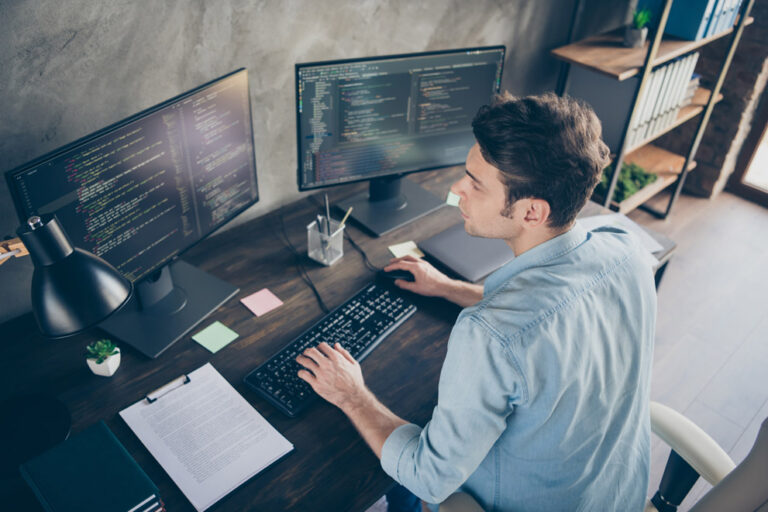How long did it take you to remember your phone number? When you finally memorised it, did you gain a deeper understanding of anything? I’m guessing probably not.
>
Remembering information is not learning. Learning happens when we react to experiences – it’s possible to remember a string of raw information through repetition, but unless it forms part of a meaningful experience, chances are it will be quickly forgotten. Experience is context and context is a narrative which develops with experience.
For learning to happen, links need to be formed between new information and existing knowledge – this happens when we have a new experience which we can relate to something we already know. For example, if you learn a new word you will probably know synonyms for that word, and you also know other words which you can use to form a sentence using the new word – the word is placed within a context formed by your experienceof language. These experiential links form a network. This is an infrastructure through which knowledge can be accessed when it’s needed.
An expert is someone who has had years of practice within their field and has built up a network of interlinked knowledge and understanding through numerous learning experiences. They can access and use knowledge at will from their highly developed, context-rich infrastructure. We learn from, and with, others and much of our fundamental learning is inherently social – again, think language acquisition. Connecting experiences also means connecting people and allowing for sharing of skills and expertise. This already happens in workplaces and through social networks – the role of learning technology is going to be that of a lens, to provide focus, avoiding information overload and disorientation while ensuring learners can access and share valuable resources and experiences which they can add to their own infrastructure. The way in which we interact with information has changed immeasurably over the past couple of decades, as has our understanding of learning. Rather than learning content, we need to be thinking in terms of learning experiences and resources.
The distinction between when we are learning and when we are not learning is illusory – we are constantly having experiences and learning from them. Accessible learning technologies will help us to realise this and to form the links, within ourselves and with others, which will take our learning forward and help us to develop understanding and mastery of the new world in which we find ourselves.
Talk to one of our sales team to learn about our range of e-learning solutions, including 120 CPD Accredited courses by emailing us or calling 01273 499 100 .
